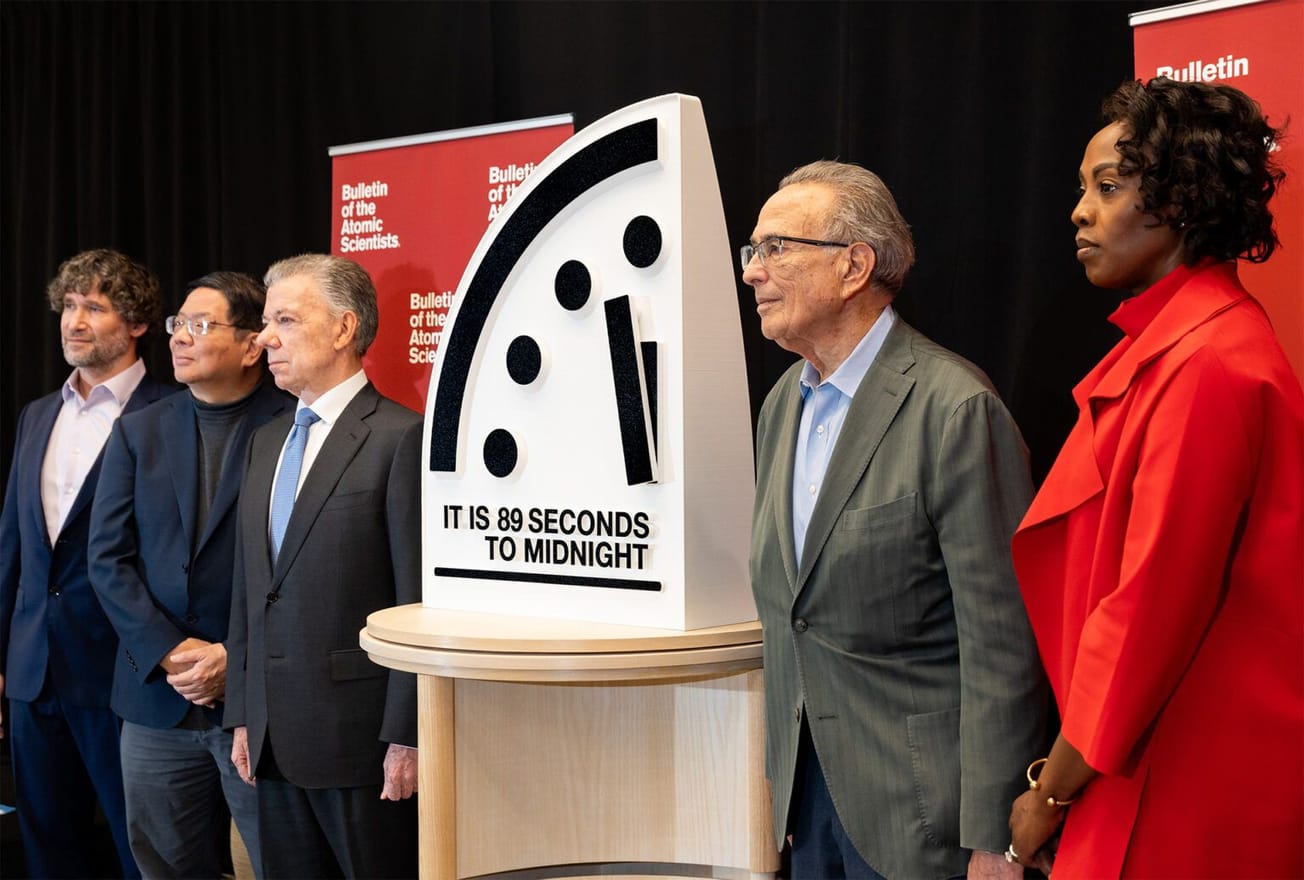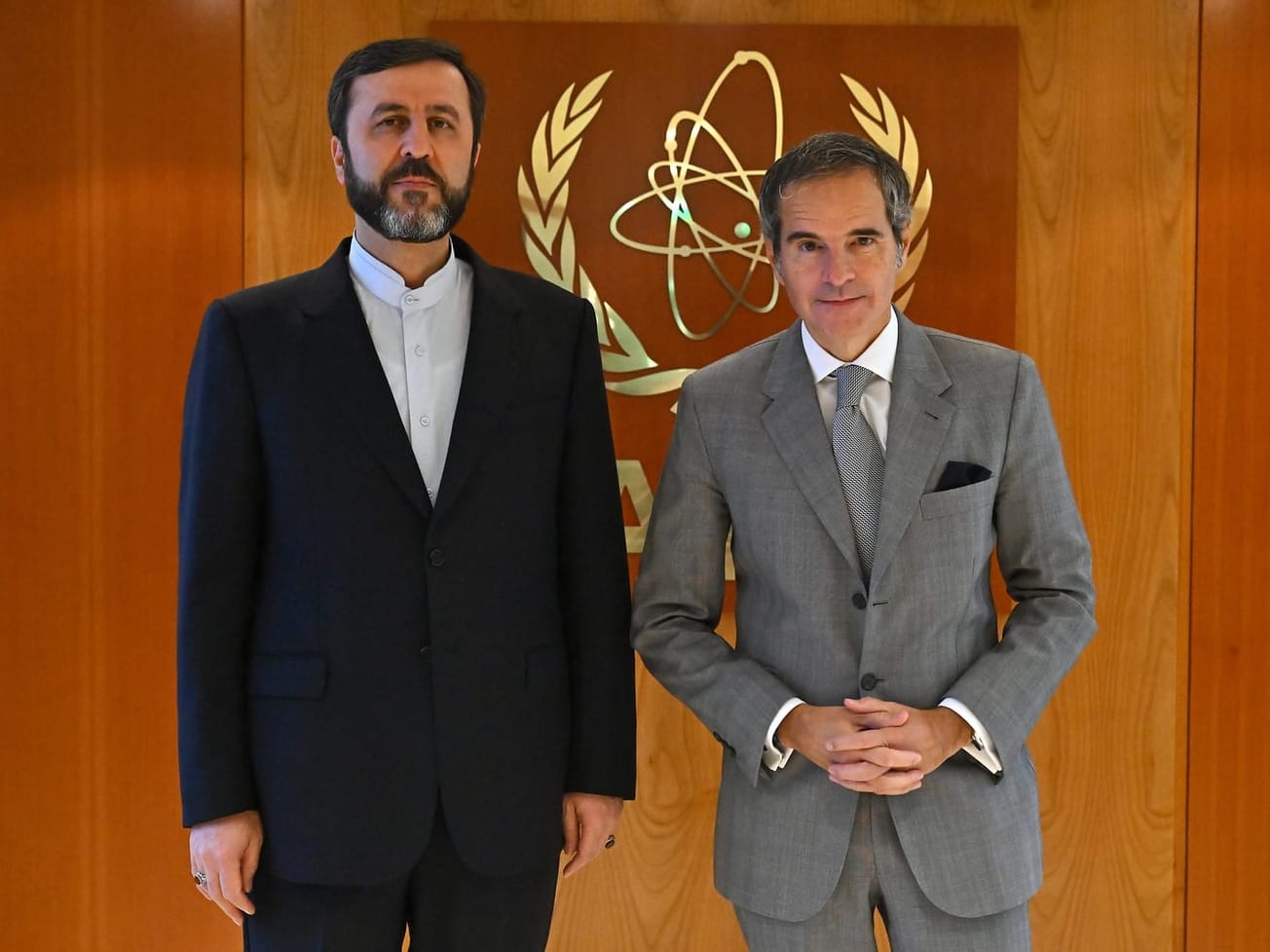The United Nations' nuclear watchdog dispatched a team of inspectors from Vienna on Monday on an urgent mission to secure the Russian-controlled Zaporizhzhia power station in southern Ukraine, prompted by widespread concern that continued shelling and fighting in the area could lead to a nuclear catastrophe.
Ukraine informed the International Atomic Energy Agency that renewed shelling caused serious damage at the nuclear plant, Europe's largest. IAEA Director General Rafael Mariano Grossi said an IAEA expert mission is urgently needed to "undertake vital safeguards" and lessen the risk of a severe nuclear accident in Europe.









